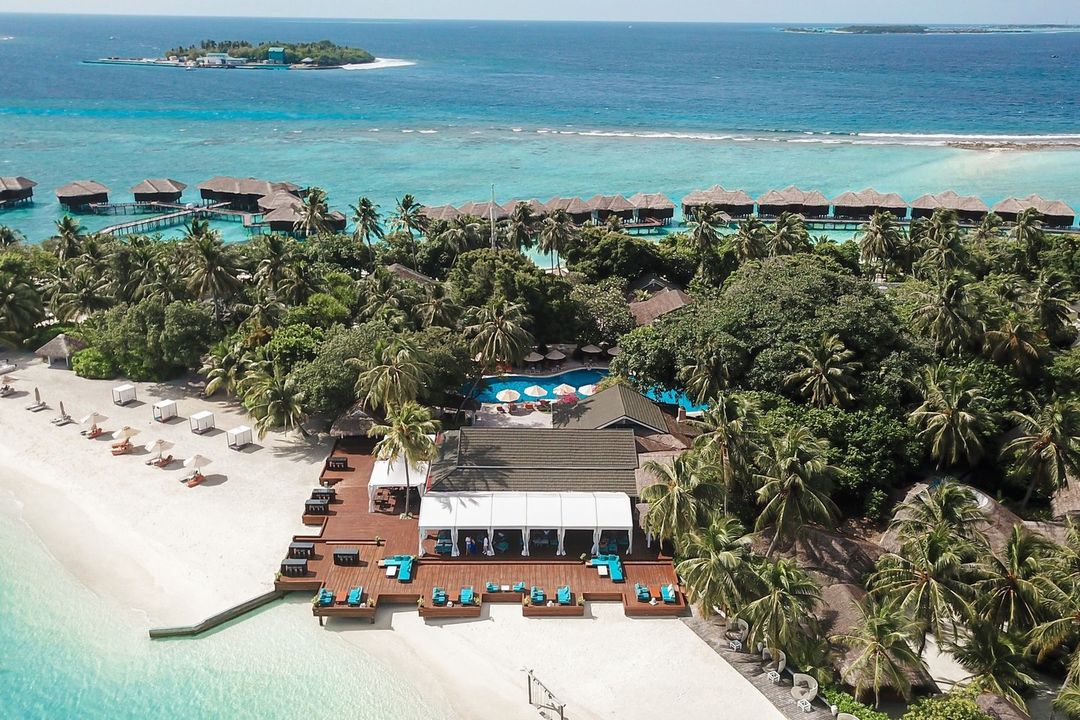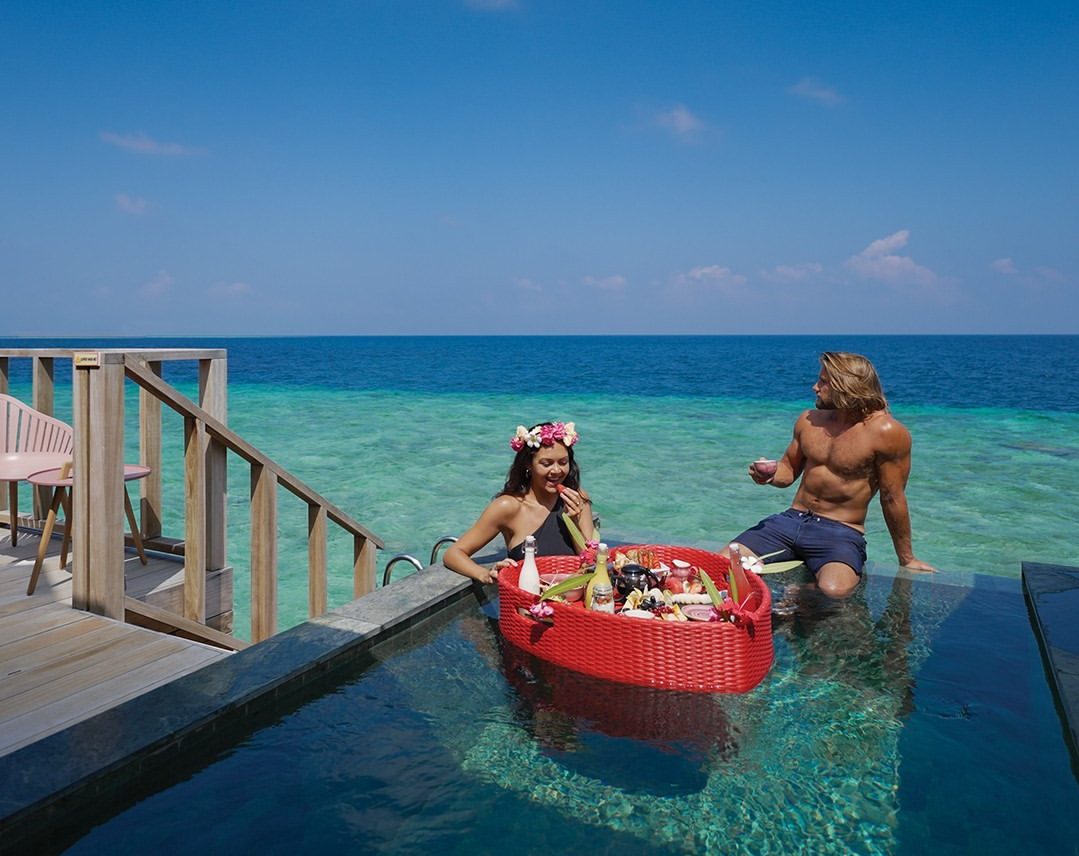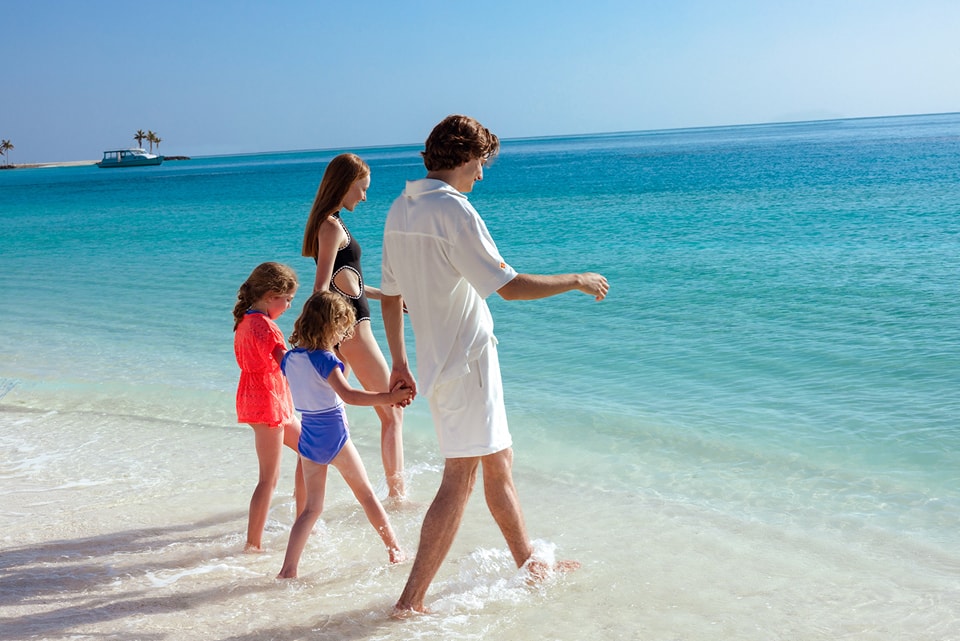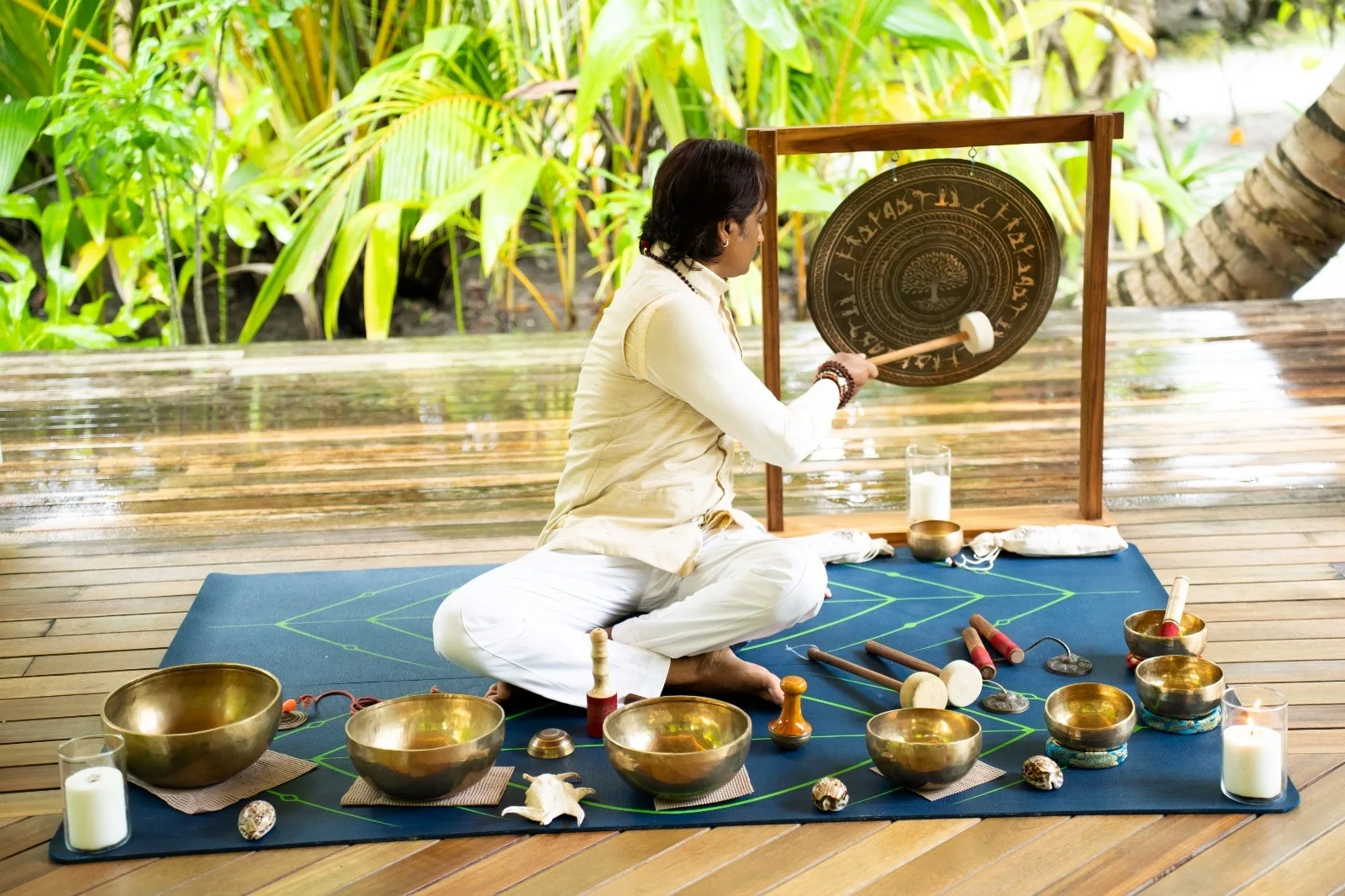The Green Globe Certification is the World’s leading certification. This certification recognises organisations that demonstrate unwavering dedication to environmental stewardship, social responsibility, and sustainable operational practices. With this, Sheraton Maldives becomes the first Marriott Bonvoy portfolio of resorts in the Maldives to receive this accolade. The resort earned this accolade after scoring an impressive 86% in the comprehensive sustainability assessment!
Some of the Sustainability Approaches Taken by Sheraton Maldives
The team at Sheraton Maldives is extremely passionate about preserving its unique environment. To achieve this the team actively engages and educates guests on how to contribute to holistic sustainability initiatives such as nature preservation. To achieve this, the resorts take measures such as the coral propagation program as part of Good Travel with Marriott Bonvoy. Additionally, the ‘Adopt a Coral’ initiative is also carried out with Reefscapers.
Furthermore, the resort also implemented an INNCOMM system. This helps take steps such as setting room temperature to save energy when the rooms are unoccupied. Sheraton Maldives is also set to implement a cutting-edge Biogas plant in its waste management system. With this, organic kitchen waste is turned into biogas for cooking.
In a move to address plastic waste, Sheraton Maldives established a water bottling plant. Using reverse osmosis technology to purify seawater, the need for water transportation from the mainland is eliminated. This step saves Sheraton Maldives 375,000 plastic bottles annually!
The Chef’s Garden and Furana Organic helps organically grow vegetables. This Chef’s Garden has helped Sheraton Maldives reduce the resort’s carbon footprint while improving the fresh produce from farm to table. Lastly, through community engagement, Sheraton fosters meaningful partnerships with K. Huraa School. Through this, the resort hosts ‘Maldivian Journey’ every Friday, featuring local cultural celebrations.
As travelers increasingly seek eco-conscious and sustainable destinations, it is essential for us to prioritze sustainability. The accomplishment reflects the hard work and dedication of our entire team at Sheraton Maldives. We are proud to be part of an organisation that values sustinability and strives to make a positive impact on the world, says Mohamed El Aghoury, General Manager of Sheraton Maldives Full Moon Resort & Spa.
Sheraton Maldives Full Moon Resort & Spa is situated on the private island of Furanafushi. Just a 15-minute boat ride away from Velana International Airport. The resort is among the first to offer complimentary transfers to its guests. Marriott International is committed to fostering a positive and sustainable impact wherever they do business. Global responsibility is embraced to be a force for good, as demonstrated by their sustainability and social impact platform ‘Serve 360: Doing Good in Every Direction’.







